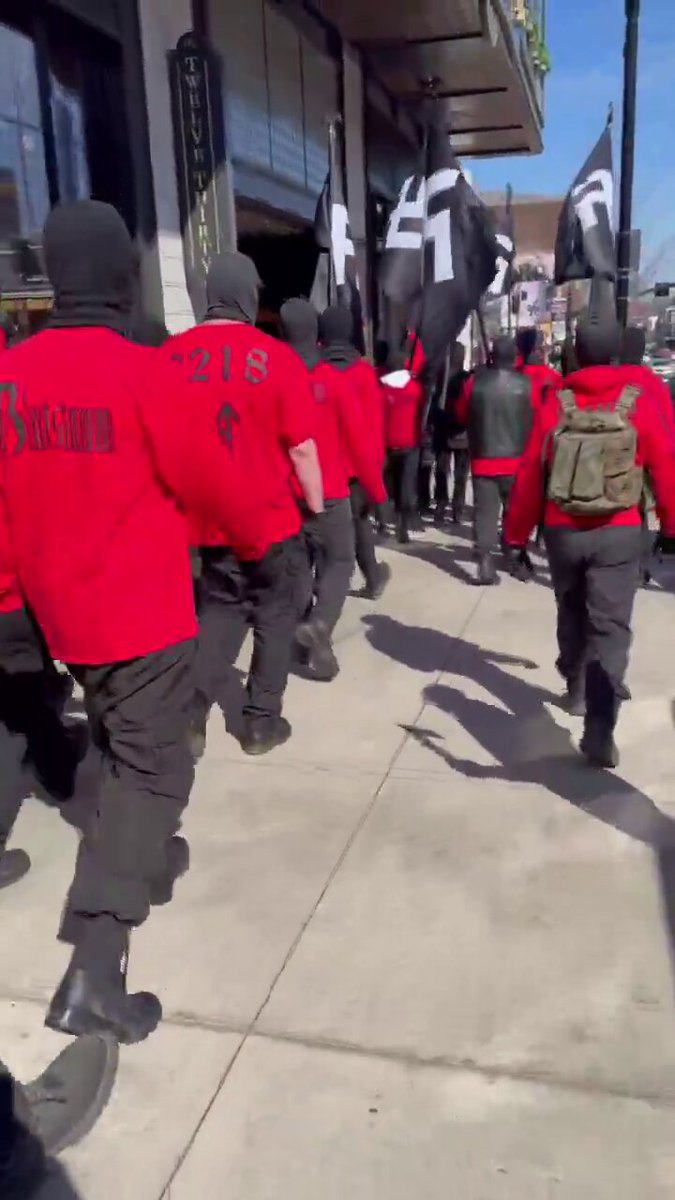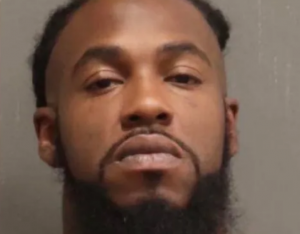About two dozen neo-Nazis affiliated with the “Blood Tribe” group marched through the streets of Nashville, Tennessee, during Black History Month. Clad in red shirts and masked to hide their identities, they brandished swastika flags, a universally recognized symbol of hate.
Their presence in downtown Nashville, a place known for its vibrant culture and history, was a stark contrast to the families and individuals enjoying a peaceful Saturday afternoon.
Ruwan Karu, a bystander, confronted the group, challenging their cowardice for masking their faces and questioning their hateful ideology. The exchange, captured and shared on social media, highlights the boldness of such groups to publicly display their bigotry. The neo-Nazis’ response to Karu, telling him to “go to your third-world country,” only further displayed their ignorance and intolerance.
Also Read: Lefty Driesell: Cause of death, age, net worth, Maryland basketball, career and more
This incident didn’t just disrupt the day-to-day life of Nashville’s residents but also coincided with an event honoring a Black sorority, attended by State Rep. Justin Jones. Jones, a vocal advocate for racial justice, expressed his dismay at the timing and location of the march, emphasizing the need for unity against the rise of white supremacy. His encounter with the marchers underscored the tangible impact of hate speech and the emboldening of white supremacist groups by certain political rhetoric.
The incident is a disturbing reminder of the growing confidence of extremist groups to openly march in cities, fostering an atmosphere of fear and division. The normalization of such hate groups poses a significant challenge to communities, urging a strong, united stand against racism and xenophobia. The actions of the Blood Tribe in Nashville call for a collective response, not only from the residents of Nashville but from society at large, to reject hate in all its forms and work towards a more inclusive and respectful community.
Also Red: Who is Dmitry Markov? Russia’s renowned photographer dies at 41
Moreover, the response from political figures like Rep. Jones and Rep. Aftyn Behn highlights the connection between such public displays of hate and the political environment that may implicitly support them. The controversy surrounding the legislative actions against honoring artists and banning pride flags in schools, while not explicitly prohibiting symbols like the Confederate flag, points to a broader issue of systemic racism and the empowerment of extremist ideologies.







